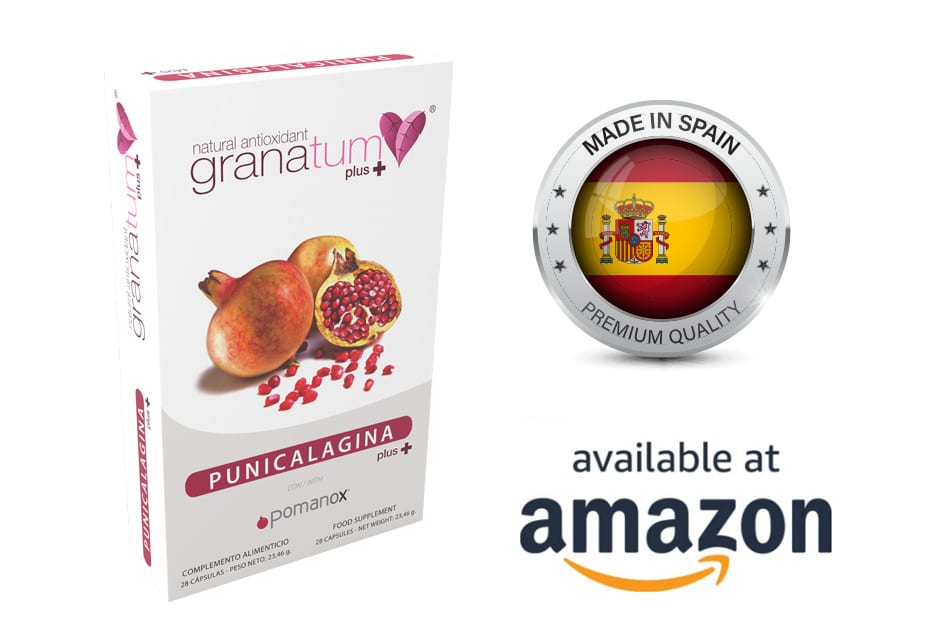
WEB TITLE: The effect of pomegranate fruit extract on testosterone
RESEACH TITLE: The effect of pomegranate fruit extract on testosterone-induced BPH in rats
COUNTRIES: Canada and Egypt
CONDUCTED BY: Vancouver Prostate Centre, Department of Urologic Sciences, University of British Columbia, Vancouver, British Columbia, Canada. Department of Pharmacology and Toxicology, Faculty of Pharmacy, Ain Shams University, Cairo, Egypt. Department of Pharmacology and Toxicology, Helwan University, Helwan, Egypt
PUBLISHED ON: The Prostate
RESEACH:
Benign prostatic hyperplasia (BPH) affects many men after the age of 50 years. Inflammation and oxidative stress along with apoptotic changes are thought to play an important role in the pathology of BPH. Pomegranate contains a variety of polyphenolic compounds that have been studied in a medley of diseases for their anti-oxidant, anti-inflammatory and pro-apoptotic properties. Therefore, this study examined the effect of Pomegranate Fruit Extract (PFE) on the development of BPH using a testosterone-induced BPH model in rats.
METHODS:
A total of 48 rats were randomly divided into six groups of eight, one group served as the control, BPH was induced by testosterone 3 mg/kg S.C. daily in four groups, three of them received PFE by oral gavage daily at doses of 25, 50, and 100 mg/kg respectively, while one group received PFE at a dose of 50 mg/kg without induction of BPH.
RESULTS:
PFE at a dose of 100 mg/kg was the most effective in decreasing testosterone-induced increase in prostate weight, prostate weight/body weight ratio, and PAP levels by 30.8%, 55%, and 68% respectively and in preventing the accompanying histological changes. In the BPH model, testosterone significantly decreased GSH, SOD, and CAT to 0.45, 0.64, and 0.88 of the control group values respectively, and significantly increased MDA by >6-fold. In combination with testosterone, PFE dosed at 100 mg/kg significantly increased GSH, SOD, and CAT to 0.83, 0.92, and 0.93 of the control group values respectively, whereas MDA was significantly decreased by 72% compared with the testosterone treated group. In addition to this, at the range of doses studied, PFE lowered COX-II, iNOS, Ki-67 expression, and increased apoptotic index.
CONCLUSION:
The current findings elucidate the effectiveness of Pomegranate Fruit Extract in preventing testosterone-induced Benign prostatic hyperplasia in rats. This could be attributed, at least partly, to its anti-oxidant, anti-inflammatory, and pro-apoptotic properties.
RESEACH SUMMARY: The current findings elucidate the effectiveness of Pomegranate Fruit Extract in preventing testosterone-induced Benign prostatic hyperplasia in rats. This could be attributed, at least partly, to its anti-oxidant, anti-inflammatory, and pro-apoptotic properties.
YEAR: 2015
